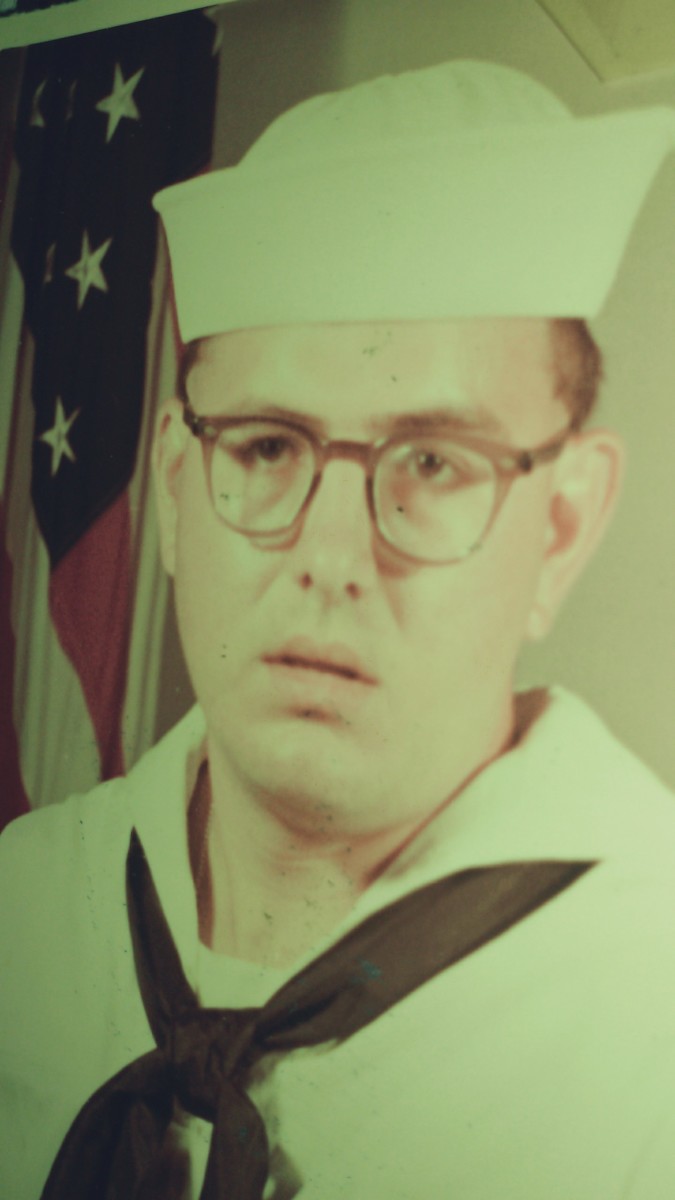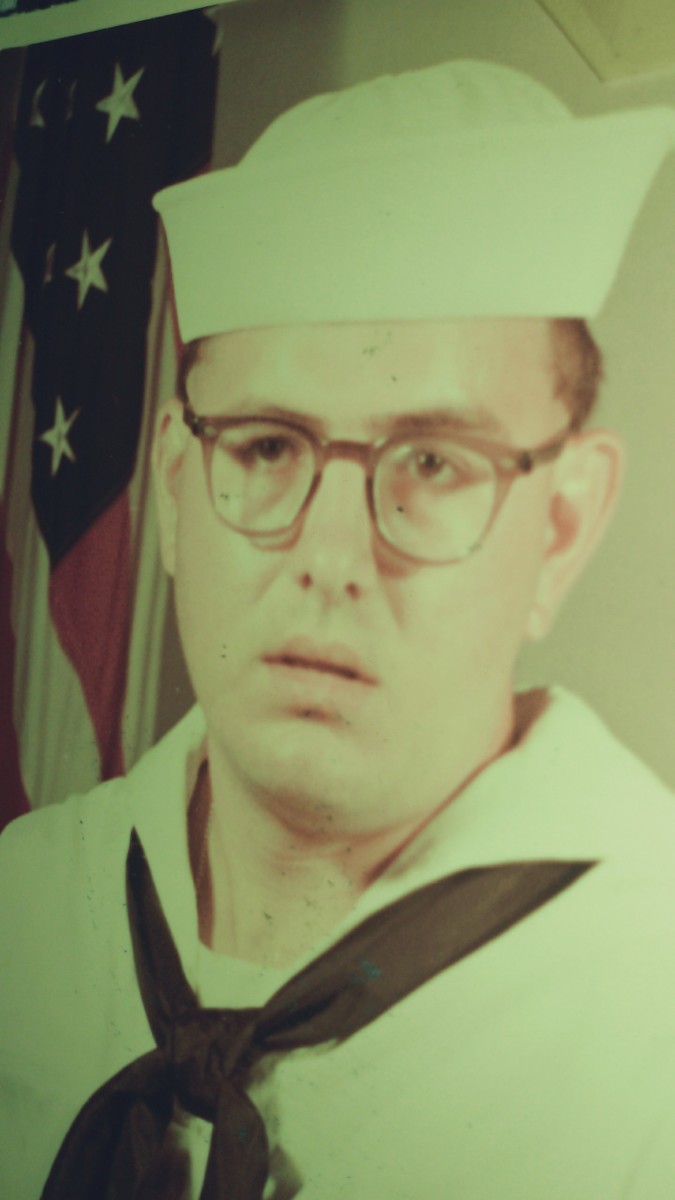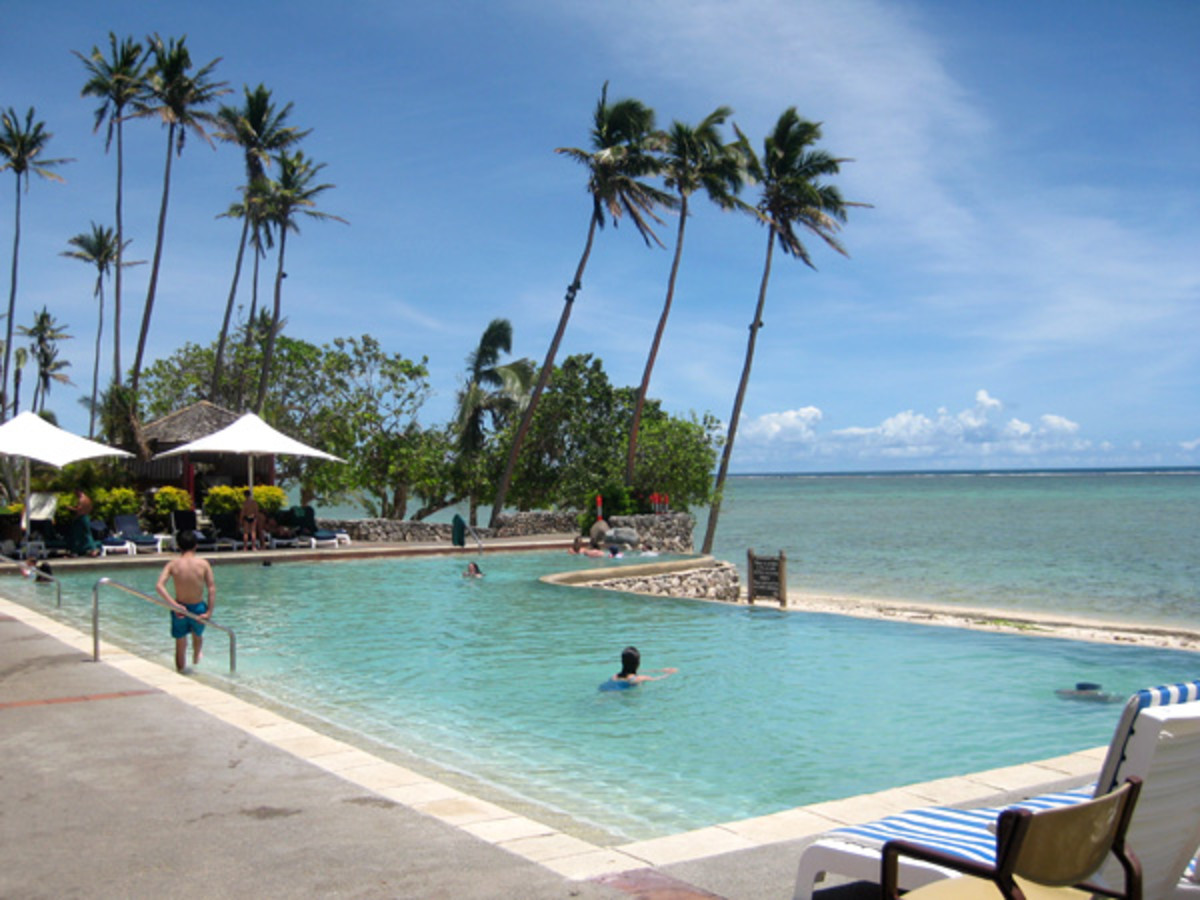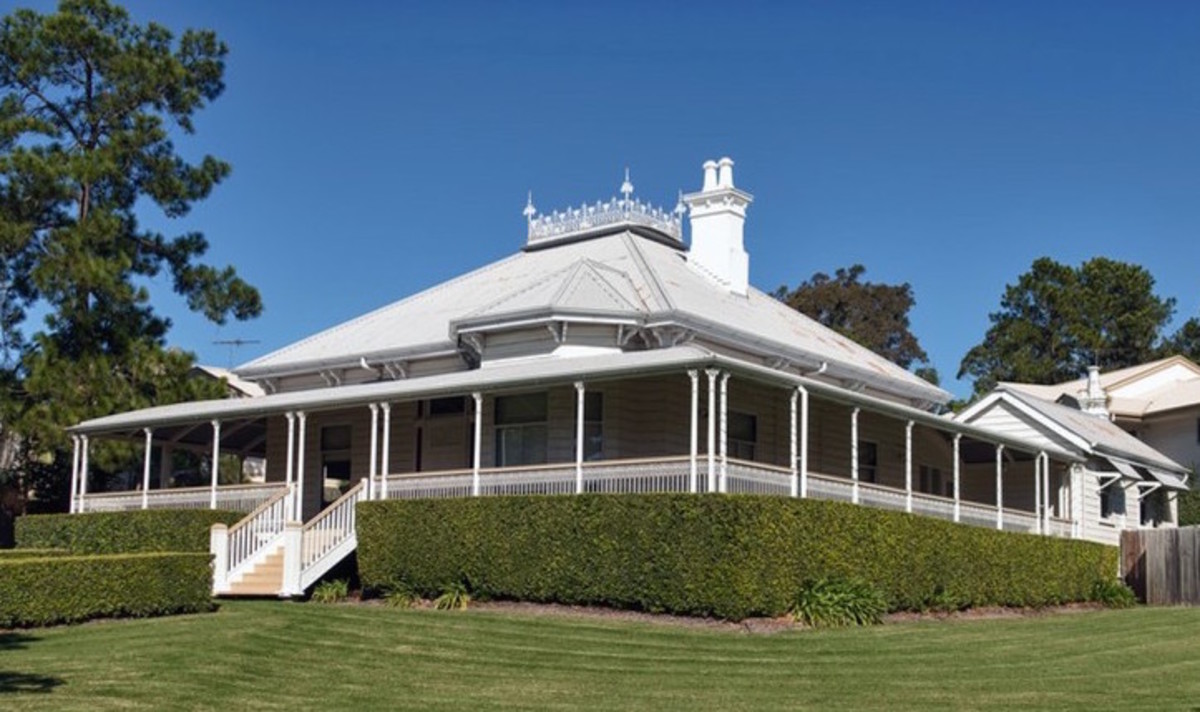The Moonshine Navy - War Stories Ain’t All Alike # 8
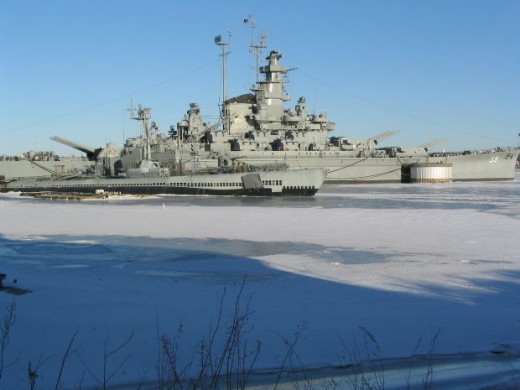
Sayonara Rota Bora
After four days of thunderous shelling by two cruisers, eight destroyers, and a PT boat fitted out with a flare gun, the Japanese happily vacated their place on Rota Bora and deeded it over to the United States Navy. With the deed, they included the rights to all past-due rental fees owed to the native islanders, plus any leftover graft from an earlier coconut-smuggling operation.
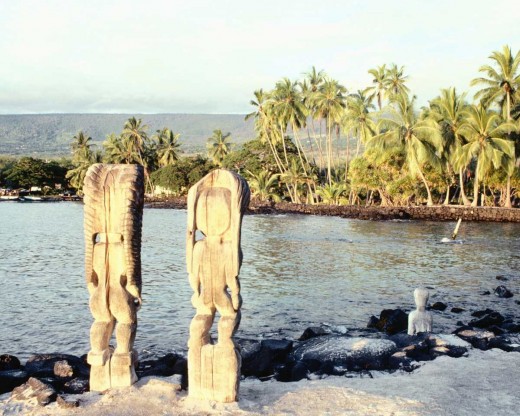
Hello Rota Bora
The Navy, always on the lookout for dry-land places on which admirals and others could wet their whistles when warring simmered down of a day, had long cast envious eyes on Rota Bora. The brass wanted it for their own. They finally took it over.
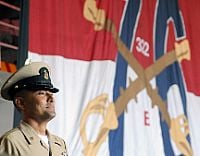
When you need it fixed, call the Seabees
Now, when the Navy takes something over, particularly something needed for important purposes such as the establishment of a mid-ocean watering hole for traveling admirals, the Navy undertakes to do a proper reconditioning job on it. The renovation of Rota Bora was, as is the Navy’s custom, handed over to that multi-talented, rough-and-ready bunch of sailors known as the Seabees.
In charge of the Rota Bora contingent of Seabees was a Kentuckian, Clater Parse, a Chief Petty Officer. He was a genius when it came to handling bulldozers, dynamite, plumbing, and senior Navy officers.
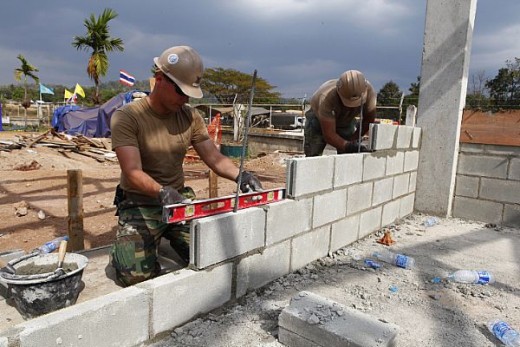
Clater Parse - a real Kentucky thoroughbred
Parse was quiet of voice and manner, as is the way of men raised in the Kentucky hills. All the same, wherever you saw Parse, you saw a cluster of men around him. This was so on duty, when the men worked under Parse’s leadership, marveling at his skill and at his way of explaining complicated construction matters in a Kentucky-sweet voice with straight-to-the-point simplicity. This was also so off duty, when the men would cluster about to share some of Parse’s bottomless well of alcohol.
It was almost biblical the way Parse was never without alcohol. Set Parse down in the middle of the Gobi Desert, give him a week, and Parse could provide you with enough alcohol to de-varnish the halls of Congress or to sanitize the throats of the entire Mongolian army. The real miracle of Parse’s magic was not measured in gallons of output. It was in quality. His men often wondered if Parse were related by blood to Jack Daniel, Jim Beam, or to some other equally renowned mountaineer. Parse had skills beyond belief.
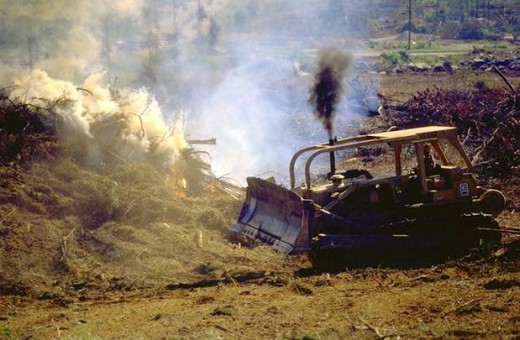
Keep 'em out of the hot sun
The brass looked on as Parse and his men rearranged Rota Bora’s topography and vegetation, making ready to erect the barracks and Officers’ Club. There were plans for an airfield, too, but it had been decided that the naval force to be stationed on Rota Bora must be kept out of the hot sun. Thus, the buildings were first on the list of things to be completed. Up went the Officers’ Club and, then, the barracks. The brass and the Seabees moved in and settled down to enjoy their new base.
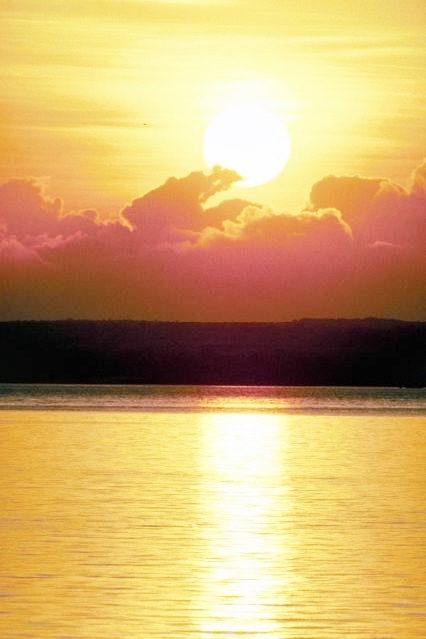
Sunset and then its party time again
Each evening, the sun set over the western rim of the Pacific Ocean in a blaze of pink, yellow, and purple clouds. The two birds that had survived the Japanese occupation and the Navy’s shelling would begin their let’s-make-an-egg serenade. Insects would launch themselves off of twigs and leaves to fly about Rota Bora, sheltering the island with a soft blanket of buzzing.
Around eight o’clock each evening, the sounds of laughter, scratchy records, and tinkling glasses could be heard coming from the Officers’ Club. That was the hour when the officers’ evening party began. The party noises stopped around nine o’clock each evening, for that was when the officers’ daily whiskey ration had been downed.
Following their nightly partying, as the officers straggled off to their bunks, they began, more and more, to take notice of the high morale exhibited by the Seabees. Even though the officers had commandeered all of the whiskey on the island, and even though the Seabees were not allowed to have whiskey in their quarters, the sounds coming from the Seabees’ barracks were definitely party noises – no doubt about that.
After the joy of the enlisted men had been speculated over for another three weeks, the officers considered that something was seriously amiss. The Seabees were thought to be draining antifreeze from their bulldozers and drinking it.
The Admiral ordered an investigation.
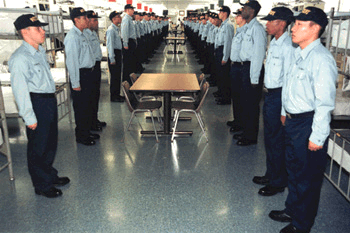
They're hiding it from us !
An antifreeze count was made. No antifreeze was missing. Medical stores were inventoried. Nothing missing there. Sterno was checked, as was hair tonic, aftershave, and cooking wine. Every count tallied with the stores manifest.
Well, officers know full well when they are being bandied about, and they know what it takes to keep a party going week after week. A barracks inspection was scheduled, a nit-picking inspection of the type that would uncover any drinkable hard stuff that might, by stealth or otherwise, have been removed from the reach of the officers only to be introduced into the gullets of the Seabees.

The Inspection
The inspection was conducted. The barracks were found to be neat, clean, and ready for any weather, hot or cold. All windows had been fitted with hand-crank fans for summertime and, just on the outside chance that Navy meteorologists had been wrong about Rota Bora’s climate, the Seabees had also installed Parse-crafted radiators in each room. Every radiator was piped in series with each of the others, and all were fed into from the main boiler that, itself, was set into a locked closet next to Parse’s cubicle.
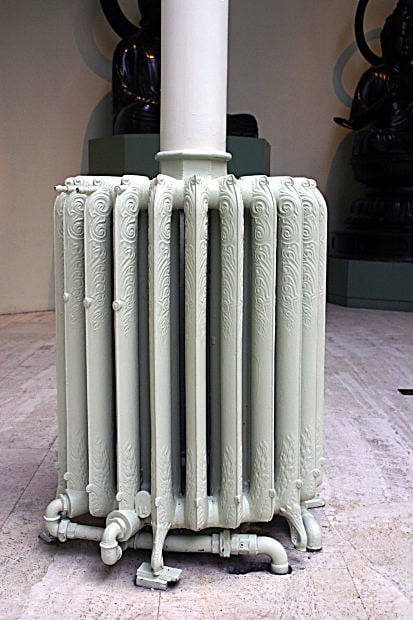
Radiators, should it ever turn cold on Rota Bora
It was obvious to the brass that an experienced plumbing and heating man had done the work, for each radiator had a turnvalve drain with which to empty it in the event of a freezing spell.
Adios Navy
The Navy no longer uses Rota Bora, but the buildings all remain in place. Today, an enlarged population of native Rota Borans live there, supporting themselves by manufacturing Parse-craft heating systems for export to inhabitants of other Pacific islands in exchange for a continuous payment in coconuts which they use as fuel in their own fast-distillation Parse-craft furnaces.
Theirs is a good life, as anyone could see by simply observing the Rota Borans. They lazy around most of the time while the sun is on high, and they have a wingding of a party each night.
And finally - the WHO takes over
In 1949, the World Health Organization (WHO) sent a medical survey team to visit 73 previously occupied Pacific islands. Their published report (page 387, Paragraph D) stated that the incidence of sore throat and tonsillitis among Pacific islanders had notably decreased since the earlier Dutch study (1940). It was conjectured that the islanders had learned how to cover the mouth when coughing and sneezing by the examples set by the seabees and other military people who had straggled through the islands during the "big war."


